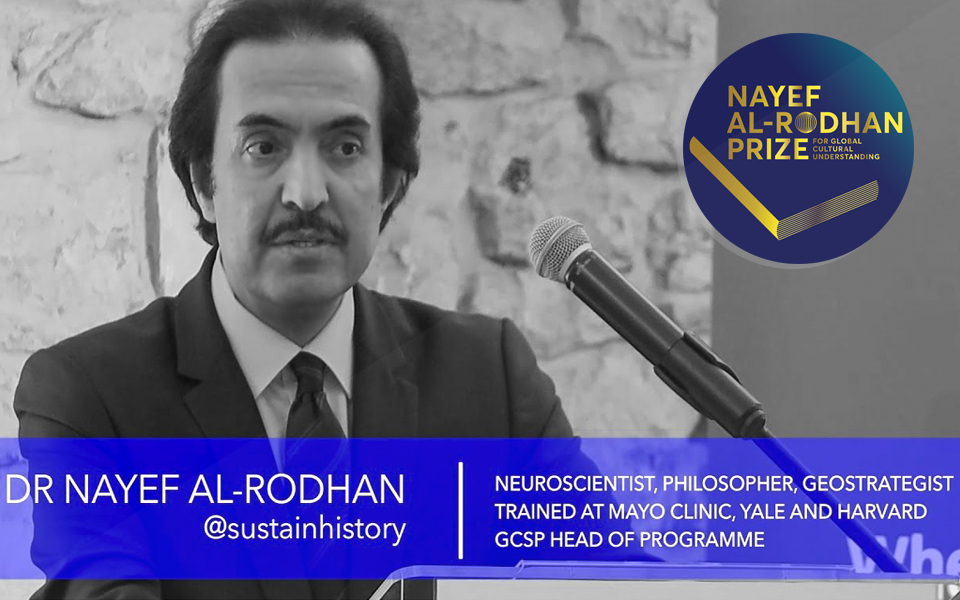The Islamic world is explored in two of the six shortlisted titles for the prestigious Nayef Al-Rodhan Prize for Global Understanding, worth £25,000. The prize is given annually in conjunction with the British Academy for the best work of non-fiction that has both ‘contributed to global cultural understanding and illuminated the interconnections and divisions that shape cultural identity worldwide’.
This is the first year the award has had a shortlist. The titles are The Islamic Enlightenment: The Modern Struggle Between Faith and Reason by Christopher de Bellaigue (UK, Bodley Head); Al-Britannia: A Journey Through Muslim Britain by James Fergusson (UK, Bantam Press); Border: A Journey to the Edge of Europe by Kapka Kassabova (Bulgaria, Granta Books); Black Tudors: The Untold Story by Miranda Kaufmann (UK, One World); I Was Told to Come Alone: My Journey Behind the Lines of Jihad by Souad Mekhennet (Germany, Virago); and Tears of Rangi: Experiments Across Worlds by Dame Anne Salmond (New Zealand, Auckland University Press).
In The Islamic Enlightenment, The Modern Struggle Between Faith and Reason, Christopher de Bellaigue introduces the key ideas, cities and figures that shaped modern Islam. Journalist James Fergusson explores the nuances of Muslim identity and longing in Britain today in Al-Britannia: A Journey Through Muslim Britain, while the compelling memoir by the German-born journalist Souad Mekhennet, I Was Told to Come Alone: My Journey Behind the Lines of Jihad deals with a corruption of Islam. In it, the author – who was a guest at the Sharjah International Book Fair in 2017 – documents her often perilous assignments in Europe, the Middle East and North Africa.
In Border: A Journey to the Edge of Europe, Bulgarian-born writer Kapka Kassabova not only explores the border zone between Bulgaria, Turkey and Greece, but also the borderlines that exist between cultures. Black Tudors is the debut by Miranda Kaufmann in which she uncovers the long-forgotten records – and remarkable stories – of Africans who lived in Tudor England. Finally, in her most ambitious book to date, Dame Anne Salmond looks at New Zealand as a place where multiple worlds collide, beginning with a fine-grained inquiry into the early encounters between Maori and Europeans (1769-1840).
The Chair of judges, Professor Ash Amin of the University of Cambridge, said: “All of these fine books display an appetite for both research and original thinking that sets them apart in the rapidly changing, and often shallow, information world of today. Here, the truth counts, as does the commitment to delve deep into the making of cultural identities, affiliations, and connections. This prize is awarded for global cultural understanding, and that is precisely what all of these books deliver. In these difficult times it is important to be reminded of the ties that bind us, whoever and wherever we are. The books shortlisted for this prize do just that, and magnificently.”
The prize was founded in 2013 by the Saudi-born international relations scholar, neuroscientist and futurologist Dr Nayef Al-Rodhan. It was won last year by Free Speech: Ten Principles for a Connected World (Atlantic Books) by Timothy Garton Ash.







